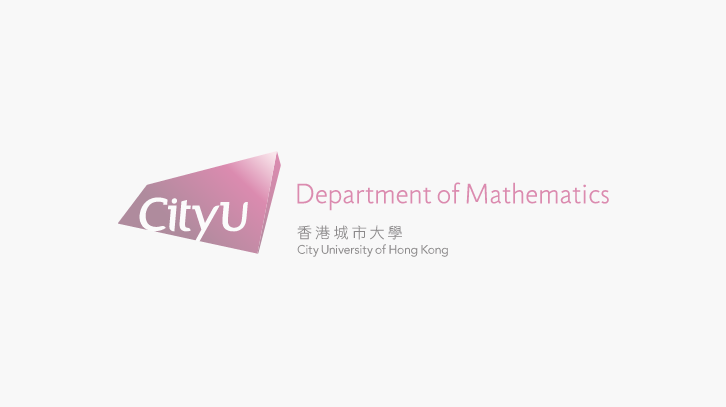Probabilistic methods for data-driven reduced-order modeling
Registration Link:
https://cityu.zoom.us/meeting/register/tJAtce6hqD8sE9WubgSGU-rQwOKKLJN5OeFe#/registration
ABSTRACT
Efficient and credible multi-query, real-time simulations constitute a critical enabling factor for digital twinning, and data-driven reduced-order modeling is a natural choice for achieving this goal. This talk will discuss two probabilistic methods for the learning of reduced-order dynamics, in which a significantly reduced dimensionality of dynamical systems guarantees improved efficiency, and the endowed uncertainty quantification certifies computational credibility. The first method is the Bayesian reduced-order operator inference, a non-intrusive approach that inherits the formulation structure of projection-based reduced-state governing equations yet without requiring access to the full-order solvers. The reduced-order operators are estimated using Bayesian inference with Gaussian priors, and two fundamentally different strategies of likelihood definition will be discussed. Recovered as posterior Gaussian distributions conditioning on projected state data, the reduced-order operators probabilistically describe a low-dimensional dynamical system for the predominant latent states, and provide a naturally embedded Tikhonov regularization together with a quantification of modeling uncertainties. The second method employs deep kernel learning — a probabilistic deep learning tool that integrates neural networks into manifold Gaussian processes — for the data-driven discovery of low-dimensional latent dynamics from high-dimensional measurements given by noise-corrupted images. This tool is utilized for both the nonlinear dimensionality reduction and the representation of reduced-order dynamics. Numerical results have shown the effectiveness of deep kernel learning in the denoising and uncertainty quantification throughout model reduction.
